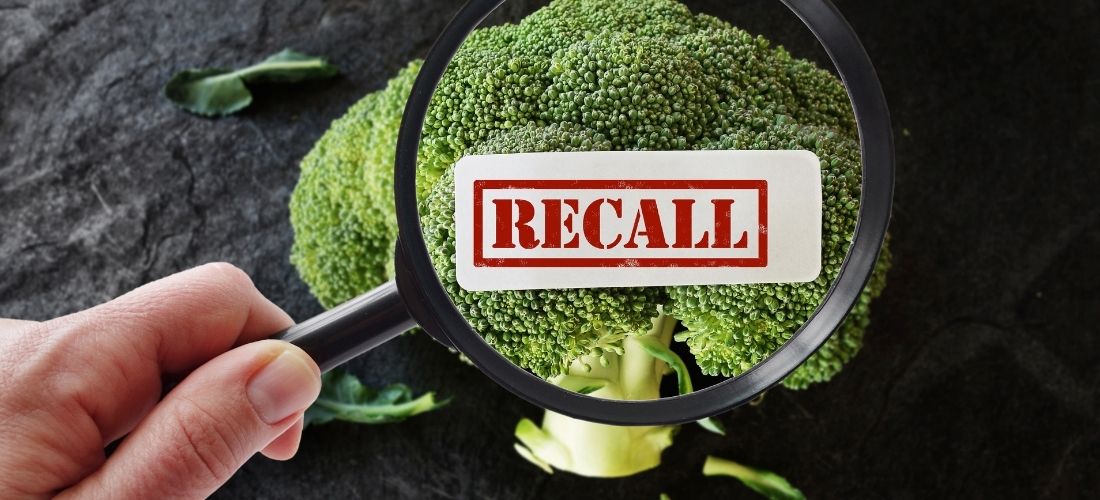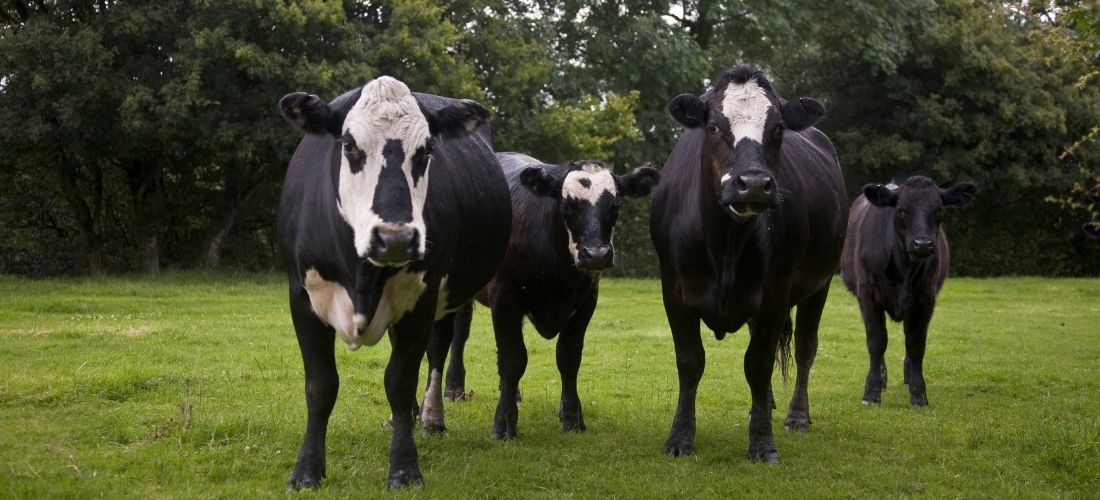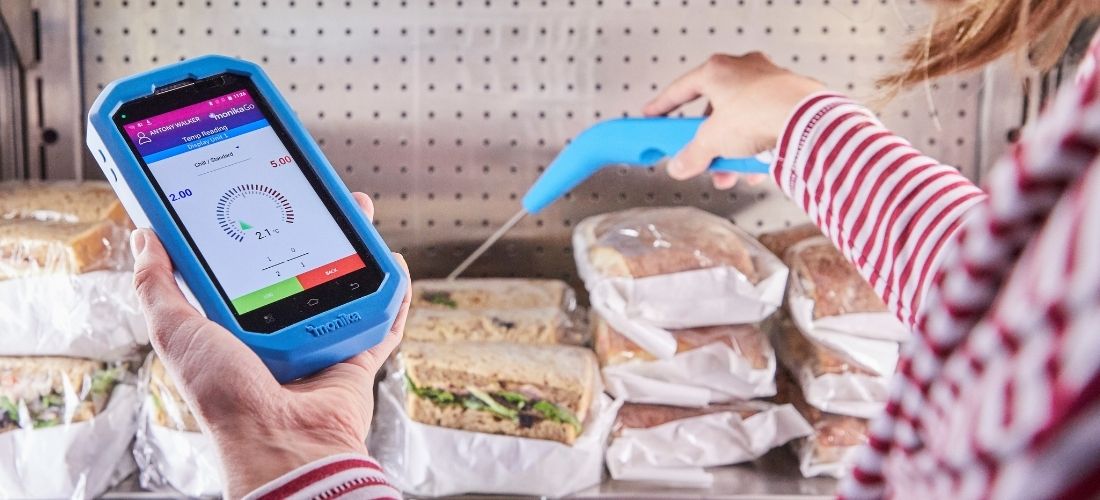 | MAKING FOOD SAFETY EASY. |
|
| Welcome to the first edition of the
Food Safety Select eNEWS! |
|
| |  | | By Food Safety Select | To ensure food retail and foodservice businesses are informed, up to date, and compliant in relation to Covid-19 requirements, the NSW Food Authority has launched the ‘COVID-19 awareness for food service’. The training program is a free, voluntary online course developed for food businesses and covers measures and information recommended for Covid-19 control.
The training is a joint initiative between the NSW Food Authority and NSW Health that covers all key areas business need to know. It is part of an ongoing drive designed to ensure businesses are kept up to date with the latest public health orders and are aware of all compliance regulations. The self-guided course takes around 20 minutes to complete and finishes with a 20-question multiple-choice quiz. Those who successfully complete the quiz will receive an acknowledgment certificate... | Read More |
|
|  | | By Food Safety Select | Every year, the Food Standards Australia and New Zealand (FSANZ) collects data on food recalls in Australia to identify common trends, issues and problems to prevent major incidents. Recently, they released an analysis of annual food recall statistics covering the last ten years and found 2020 had unprecedented numbers.
Food recall has two levels – consumer and trade. Consumer-level recall means that the food was available for retail, whereas trade means it was not available for public purchase. Since 2011, consumer-level recalls were the vast majority, accounting for 86 percent of cases.
Over the last decade, there have been a total of 763 recalls, with the average number rising annually. In 2020 there were a record 109 recalls, compared to 87 in 2019, or 67 back in 2011. The most common reason for a recall has been undeclared allergens, and this has consistently been the case every year. | Read More |
|
|  | | By Food Safety Select | Label Buster is an incredibly helpful step-by-step guide designed to help small to medium food businesses meet labelling requirements.
The Australia and New Zealand Food Standards Code (known commonly as the Code) sets labelling standards for food sold in or imported into Australia and New Zealand. The Label Buster online guidelines were published by | Read more ➔ |
|
 | | By Food Safety Select | Commonly known as ‘mad cow disease’, Bovine Spongiform Encephalopathy (BSE) is a fatal transmissible neurodegenerative disease that affects cattle. The condition has an extremely long incubation period, so signs and symptoms can take four to five years to appear. Usually, these include tremors, trouble walking and over-sensitivity to certain stimuli. Typically, cattle die within a few months once the symptoms are evident. | Read more ➔ |
|
|  | | By Food Safety Select | In the first edition of the Food Safety Select Member Spotlight Series, we ask Managing Director, Paul Gamble all about Monika, a company that has been specialising in digital food safety systems for more than 30 years.
What is the story behind the establishment of Monika and how did you become involved in the business?
Monika is a family business spanning three generations of the Gamble family. My grandfather was a hospitality equipment supplier in the UK for many years. When my father joined the business 30 years ago, the Food Safety Act 1990 came into existence, making it compulsory to keep records of actions taken to keep food safe... | Read More |
|
|  | | By Food Safety Select | Sushi is one of the most popular foods internationally and a national dish of Japan. Although there is an impressive amount of sushi varieties, one of the most common ingredients is raw fish. If properly cared for, this isn’t a problem, but raw fish – and consequently, ready-to-eat sushi – can potentially be classed as a hazardous food. Dangers include listeria, salmonella, and tapeworms, to name but a few. Even the rice needs to be correctly looked after. | Read more ➔ |
|
| | |  | | By Produco | A finished can of Infant Formula (IF) is a wonderful specimen. The World Health Organisation (WHO) provides the infant feeding recommendation and IF is an alternative to breast milk if that is not available. IF has three main consumer categories: • 0-6 months (Infant) • 6-12 months (Follow-on)
• 12-36 months (Growing up) Infant Formula comes in standard and organic blends, including bovine (cow-based) milk, ovine (sheep-based) milk, caprine (goat-based) milk and soy-based product. All of these are specifically, and scientifically developed to be made safe for one of the most vulnerable populations on the planet. | Read more ➔ |
|
 | | By Anitech Pty Ltd | How many times have you eaten at a restaurant and actively noted that the food was edible and safe to eat? Probably not many. Consumers have an expectation that the food they purchase will be hazard and contamination-free. However, you can be sure that consumers would notice if they got sick from the food your business served. A single incident of food poisoning can threaten a business's entire reputation, making people question whether they are safe to purchase food from. Hence, it is important for businesses in the food and beverage industry to have quality control procedures in place, ensuring that the food they work with is safe across the entire food supply chain, from farm to fork. | Read more ➔ |
|
|  | | By Monika | A digital food safety system can save you time and money - while giving you precious peace of mind that your food and customers are safe.
Under the Australian and New Zealand Food Standards (3.2.1), food businesses should implement a food safety management plan based upon HACCP principles. This program should be periodically reviewed and audited. As many food professionals would know, developing your food safety management plan is one thing - but implementing it is quite another. How can you ensure the right actions are taken by the right person, at the right time – easily and traceably? | Read more ➔
|
|
| | Upcoming Training & Events |
|
|
|